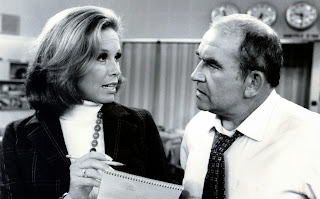50 Interview Questions to Ask Applicants

From nectjobs : Screening for the right person for the job is always a challenge. You need someone not only qualified but with a passion for the work and a desire to serve. You do not always have the luxury of multiple interviews, following up with past employers, calling all character references, or reading through multi-page resumes to help you find the right candidate for the open position. What follows are 50 quick, easy-to-use, and immediately applied interview questions. These questions will help you to decide quickly whether the candidate you are interviewing is the right fit or not. Each question has been filtered through a vast array of human resources scenarios to determine if any are “questionable” or “offensive” based on current HR laws, regulations, and interviewing rules, (e.g., discriminatory questions based on violations of ADA, Title VI, etc.), and each one has passed the test in the US at the time of this writing.
